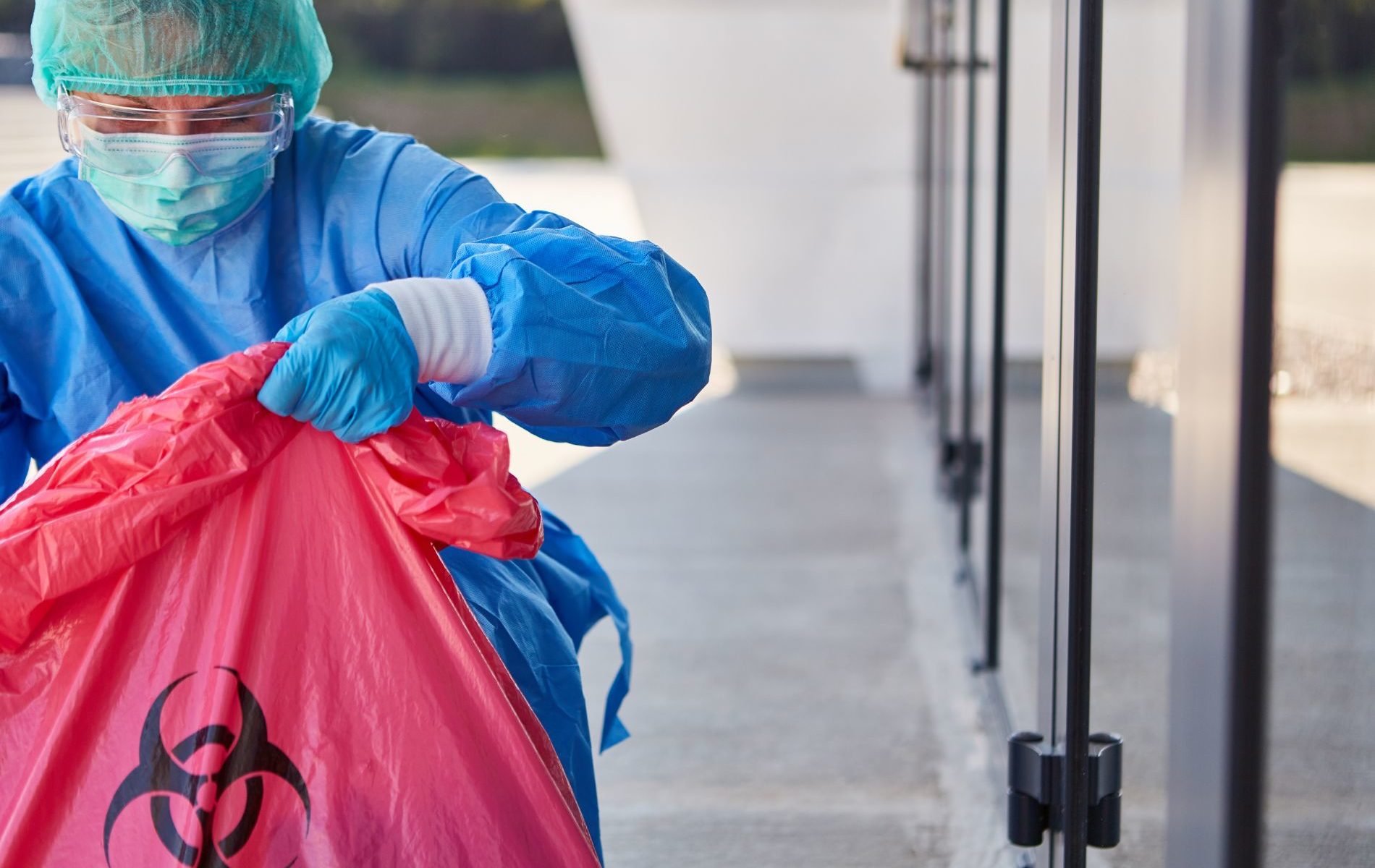Little Known Questions About Reclaim Waste.
Table of ContentsThe 9-Minute Rule for Reclaim WasteThe smart Trick of Reclaim Waste That Nobody is Talking AboutOur Reclaim Waste DiariesFacts About Reclaim Waste UncoveredThe Ultimate Guide To Reclaim Waste
Check out the types, occurrences, and kinds of fluid waste. Residential sewage waste refers to the waste and items from a residential septic system. This kind of waste is produced by humans in houses, institutions, and various other structures. This only includes septic systems that have a drain area. The appropriate monitoring and disposal of residential sewage waste need fluid waste to be transferred to a sewage therapy plant where the proper methods and devices are put on detoxify and throw away waste.
Commercial waste typically consists of potential threats, such as combustible products or a combination of liquid and strong waste products, and calls for an advanced and detailed disposal process. The disposal of business waste commonly involves the filtering of waste prior to transportation to guarantee risk-free and proper disposal. Hazardous waste is produced from results and overflow of commercial procedures and manufacturing.
This type of waste can not utilize the very same sewer monitoring transport or procedures as septic or commercial liquids. The hazardous waste management procedure needs the assessment and screening of fluid waste before it goes through the disposal process (liquid waste disposal). Runoff waste is the fluid waste that originates from drainage and excess stormwater in extremely populated areas or cities
Runoff waste can create contamination and flooding otherwise dealt with properly. Find out more concerning sewage system cleansing and waste administration. Guaranteeing proper waste administration can avoid disasters and reduce ecological harm. Both people in household setups and professionals in business or manufacturing markets can benefit from understanding the procedures and policies of liquid waste administration.
More About Reclaim Waste
Get in touch with PROS Solutions today to find out about our waste management and disposal solutions and the appropriate ways to take care of the liquid waste you create.
(https://penzu.com/p/1f225eb6893bd9aa)This so-called 'wastewater' is not only an essential resource however, after treatment, will be launched to our land, rivers or the ocean. Made use of water from commodes, showers, bathrooms, kitchen sinks, laundries and commercial procedures is understood as wastewater.

water used to cool machinery or tidy plant and devices). Stormwater, a type of wastewater, is runoff that streams from agricultural and city locations such as roofing systems, parks, yards, roads, paths and seamless gutters right into stormwater drains pipes, after rainfall. Stormwater streams without treatment straight to regional creeks or rivers, eventually getting to the ocean.
Reclaim Waste - Truths
In Queensland, most wastewater is dealt with at sewer treatment plants. Wastewater is transported from residential or commercial sites through a system of sewers and pump stations, recognized as sewage reticulation, to a sewer therapy plant.
The Division of Natural Resources advises neighborhood governments about managing, operating and maintaining sewage systems and therapy plants. In unsewered areas, city governments might need householders to mount individual or family sewage treatment systems to deal with residential wastewater from bathrooms, kitchen areas, washrooms and laundries. The Department of Natural Resources authorizes the use of house systems when they are shown to be effective.
A lot of stormwater gets no treatment. In some brand-new neighborhoods, therapy of some stormwater to eliminate trash, sand and crushed rock has actually started making use of gross toxin catches. Wastewater treatment takes place in 4 stages: Eliminates solid matter. Bigger solids, such as plastics and various other things incorrectly discharged to sewers, are removed when wastewater is travelled through screens.
Makes use of tiny living microorganisms recognizes as micro-organisms to break down and remove staying dissolved wastes and fine bits. Micro-organisms and wastes are included in the sludge.
Unknown Facts About Reclaim Waste
Nutrient removal is not available whatsoever sewer treatment plants because it calls for costly specialist devices. It is coming to be a lot more common in Queensland. Clear liquid effluent produced after therapy may still consist of disease-causing micro-organisms. If this effluent is launched into rivers such as rivers or the sea, the micro-organisms will ultimately die out.

This typically means wastewater needs to see post be dealt with or pollutants eliminated prior to it can be released to waterways. The majority of wastewater streams into the sewage system. Under the Act, city governments carry out approvals and permits for eco pertinent activities (Periods) involving wastewater releases that could have a neighborhood impact. The division administers authorizations and permits to ERAs including wastewater releases that may have a regional or statewide influence.
All About Reclaim Waste
Or else, samples are considered laboratory evaluation. Usually many tests are needed to develop the levels of each of the different contaminants such as oils, hefty metals and pesticides in water. Surveillance supplies factual information about water quality and can confirm that licence problems are being met. The information gotten via tracking gives the basis for making water high quality decisions.